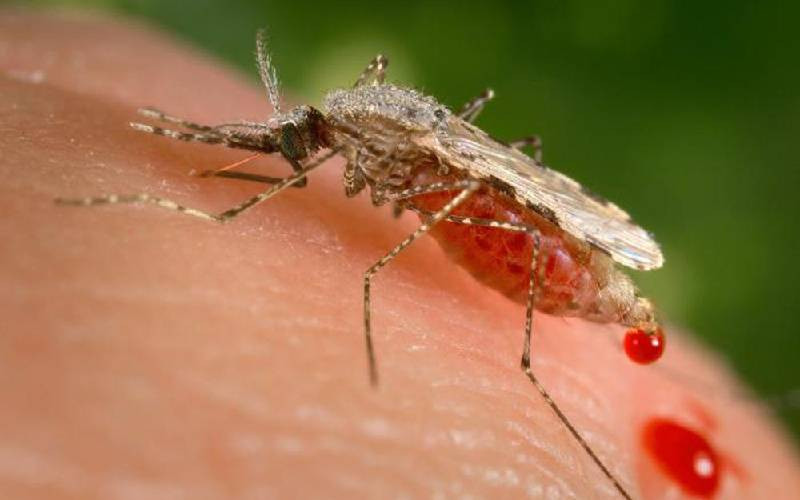×
The Standard e-Paper
Stay Informed, Even Offline

Scientists say an invasive mosquito species was likely responsible for a large malaria outbreak in Ethiopia earlier this year, a finding that experts called a worrying sign that progress against the disease is at risk of unraveling.